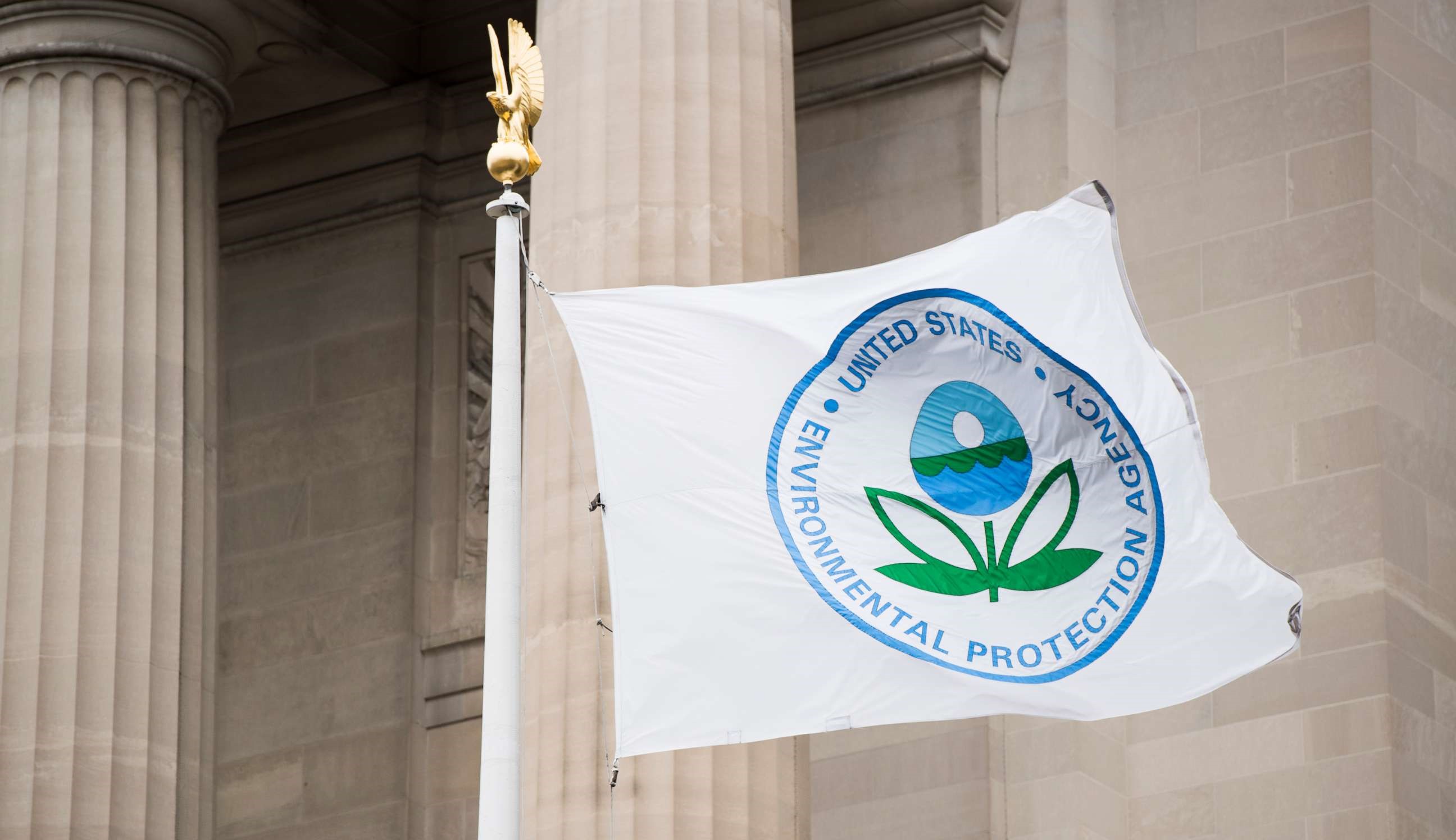CDP Unveils New Platform for Sustainability Reporting in Line with IFRS Climate Disclosure Norms

Today, the CDP, a leading provider of climate research and an environmental disclosure system, announced the introduction of a novel platform. This platform is designed to simplify and facilitate sustainability reporting for corporations, aligning it with the emerging global standards. The launch also saw the unveiling of a new questionnaire by the CDP. This questionnaire aligns with the new climate disclosure standard, IFRS S2, set by the International Sustainability Standards Board (ISSB) under the IFRS Foundation. This standard forms the foundational baseline for CDP’s climate disclosure.
Download Mapping IFRS S2 to CDP’s 2024 Questionnaire
The CDP operates a worldwide environmental disclosure system. This system allows investors and other interested parties to measure and monitor an organisation’s performance in crucial areas of environmental sustainability. These areas include climate change, deforestation, and water security. In the previous year, a new category was added to track the impact related to plastic.
In 2023, the CDP disclosure system saw a record-breaking number of disclosures. More than 23,000 companies, an increase of 24% from the previous year, disclosed their environmental performance through the CDP. These companies represent a combined worth of $67 trillion, accounting for over 66% of the global market capitalisation. This highlights the growing importance and recognition of environmental sustainability in the global corporate sector.
In the face of mounting global pressure for companies to adhere to emerging sustainability reporting standards, the launch of the new platform by CDP is a timely development. Among these new standards, the IFRS Foundation’s general sustainability (IFRS S1) and climate (IFRS S2) reporting standards, which were launched in June 2023, stand out. These standards have received endorsement from IOSCO, the premier international policy forum and standards setter for securities regulators. IOSCO has urged regulators to integrate these standards into their sustainability reporting regulatory frameworks.
The IFRS Foundation recently disclosed that jurisdictions representing nearly 55% of the global GDP have already initiated steps to use or align with its ISSB sustainability reporting standards. This is a significant milestone in the global adoption of these standards.
CDP asserts that the new platform and its alignment with the ISSB standards are designed to alleviate the reporting burden on companies. The aim is to facilitate companies’ compliance with the new standards. CDP cites recent research indicating that nearly 60% of companies already responding to the majority of the CDP questionnaire are aligned with IFRS S2. This suggests that a significant proportion of companies are already on the path to compliance with these new standards.
Emmanuel Faber, Chair at the ISSB, expressed that the CDP, with its proven track record in promoting the adoption of disclosure frameworks, is a trusted and established tool that aids companies on their journey towards ISSB compliance. He highlighted that their collaboration will simplify the process for companies to disclose pertinent data to their stakeholders and will crucially speed up the global uptake of IFRS S2. This will also enhance the availability of information that investors urgently require.
Last year, the CDP announced its intention to align with IFRS S2. It also revealed plans to consider incorporating additional sustainability reporting standards. This includes integrating the new framework from the Taskforce on Nature-related Financial Disclosures (TNFD) into its questionnaire, reflecting the upcoming climate disclosure rule from the SEC, as well as incorporating the European Sustainability Reporting Standards (ESRS) into its disclosure system. In November 2023, the CDP announced a collaboration with the European Financial Reporting Advisory Group (EFRAG) to optimise the alignment of its disclosure system with the ESRS.
Sherry Madera, the CEO of CDP, expressed pride in their partnerships with the ISSB, TNFD, EFRAG, and other global frameworks. She emphasised that these collaborations enable the CDP to fulfil its role in the ecosystem, respond to market demand for efficiency, and facilitate quicker environmental action through the power of data.
The CDP has made significant strides in its sustainability efforts by integrating key environmental factors such as climate, forests, water, biodiversity, and plastics. It has also advanced its alignment with other crucial standards, including the TNFD and ESRS, harmonising them into a single questionnaire and dataset. In a move to enhance capacity across the global value chain, the CDP has released a standalone questionnaire specifically for Small and Medium-sized Enterprises (SMEs).
The launch of the new platform has been met with significant interest from the financial sector. Financial institutions, representing a record $142 trillion, have requested a record 75,000 companies to disclose their environmental data through the CDP.
Sherry Madera, the CEO of CDP, emphasised the importance of efficient reporting. She stated that every dollar spent on reporting is a dollar that could have been spent on taking action. She added that this year, the CDP has improved its partnership with corporates, cities, states, and regions, making their disclosure process more efficient than ever before.



